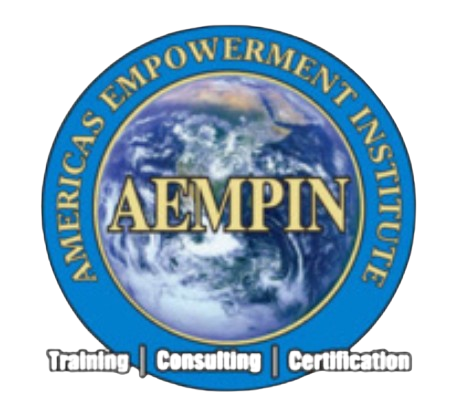

This course on Building Consensus on Standards for Democratic Elections empowers individuals and institutions to agree on fundamental principles that ensure free, fair, and inclusive elections. Participants will explore how shared standards foster public trust and strengthen democracy through transparency, inclusion, and accountability.
Establishing common ground on what makes an election democratic is essential for its legitimacy. This course provides tools and techniques to build consensus on electoral principles such as transparency, inclusivity, impartiality, and verifiability.
Through real-world case studies, interactive group work, and practical exercises, participants will examine how electoral standards are developed, debated, and adopted by election stakeholders. The course emphasizes dialogue, collaboration, and mutual understanding as key pillars of electoral integrity.
The learning environment encourages participants from diverse backgrounds—whether technical, civic, or grassroots—to explore shared democratic values and approaches to implementation, monitoring, and dispute resolution.
Participants will leave with the skills to convene discussions, promote inclusive participation, and advocate for election frameworks that reflect democratic commitments and the expectations of the public.
The course is designed to help participants develop the knowledge and skills needed to:
This course is for election officials, observers, civic leaders, and anyone interested in fair elections. Learn how to build agreement on key democratic standards and promote trust in the process. No experience needed—just a passion for making elections transparent, inclusive, and credible for everyone.
Participants who successfully complete the "Building Consensus on Standards for Democratic Elections" course will receive a Certificate of Completion. This certificate reflects your commitment to upholding democratic values through collaborative learning. It acknowledges your readiness to foster inclusion, transparency, and trust in electoral processes—an essential contribution to vibrant and resilient democracies.